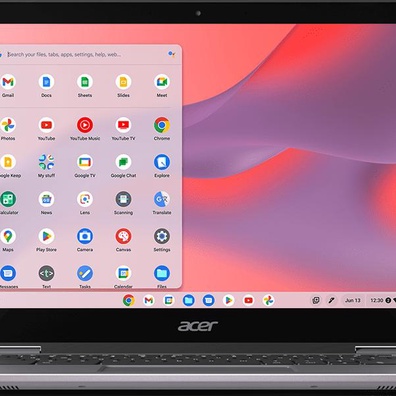News
Nubia Flip 2 Debuts with Larger Cover Display, AI Features at JPY 64,080
In the evolving landscape of foldable smartphones, Nubia has unveiled its second-generation flip phone, marking a significant shift in design and functionality while maintaining its position as one of the most affordable foldables in the market. This launch represents Nubia's continued commitment to making foldable technology more accessible to mainstream consumers.Price Comparison:Nubia Flip 2: JPY 64,080 (~USD 410)Galaxy Z Flip 6: USD 1,100Motorola Razr (2024): USD 699Design Evolution and DisplayThe Nubia Flip 2 showcases a major redesign, abandoning the previous model's circular cover display in favor of a more practical 3-inch rectangular screen with 682 x 422 pixel resolution. The main foldable display remains a 6.9-inch AMOLED panel with Full HD+ resolution, featuring a punch-hole design for the 32MP selfie camera. The device's build quality includes IPX2 water resistance for protection against water drops and IP4X dust resistance.Key Specifications:Main Display: 6.9" AMOLED, Full HD+Cover Display: 3" (682 x 422 pixels)Processor: MediaTek Dimensity 7300XRAM/Storage: 6GB/128GBBattery: 4,300 mAh, Fast charging (0-100% in 55 minutes)Main Camera: 50MP + 2MP depth sensorSelfie Camera: 32MPProtection: IPX2 water resistance, IP4X dust resistancePerformance and HardwareAt the heart of the Flip 2 lies the MediaTek Dimensity 7300X chipset, specifically optimized for dual-display smartphones. The device comes equipped with 6GB of RAM and 128GB storage, running on Android 14. Power management is handled by a 4,300 mAh battery supporting PD 3.0 charging, with Nubia claiming a full charge in 55 minutes.Camera System and FeaturesThe camera setup comprises a 50MP main sensor paired with a 2MP depth sensor on the rear. The front-facing 32MP camera supports gesture-controlled photography and face recognition. The device introduces several AI-powered features, including real-time translation during calls, automated call transcription, and an AI assistant optimized for Japanese local applications.Market Positioning and AvailabilityLaunching first in Japan at JPY 64,080 (approximately USD 410), the Nubia Flip 2 maintains its competitive edge in pricing against more expensive alternatives like the Galaxy Z Flip series. The device will be available in Black, White, and Blue color options, with sales beginning January 23, 2024. This aggressive pricing strategy could potentially disrupt the foldable smartphone market, making the technology more accessible to a broader audience.
Phone
2 hours ago
Gmail for Android Gets One-Tap Gemini AI Reply Integration
Apps
2 hours ago
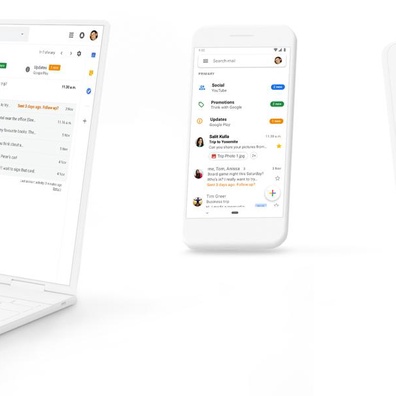
New iMessage Scam Tricks Users Into Disabling Phishing Protection
Security
2 hours ago
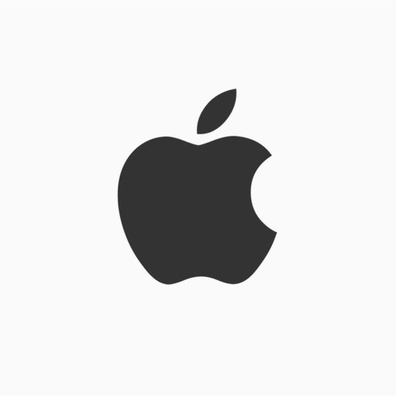
Adobe Launches Live Co-editing Beta for Photoshop, Enabling Real-time Collaboration
Apps
6 hours ago

Google Lens Shifts Focus to Real-World Search with Streamlined Camera-First Interface
AI
13 hours ago
ChatGPT Introduces Task Scheduling and Custom GPT Creation Features
AI
15 hours ago
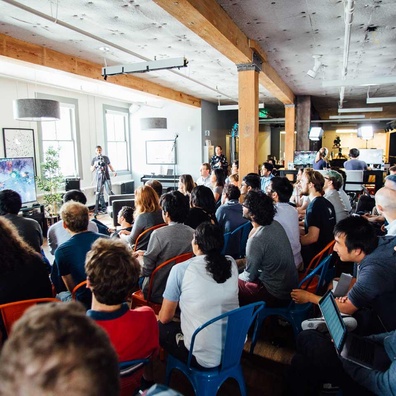
UK Launches Major Antitrust Investigation into Google's Search Dominance and AI Practices
AI
18 hours ago
Adobe Launches AI-Powered Bulk Create Tool to Edit 10,000 Images Instantly
AI
19 hours ago
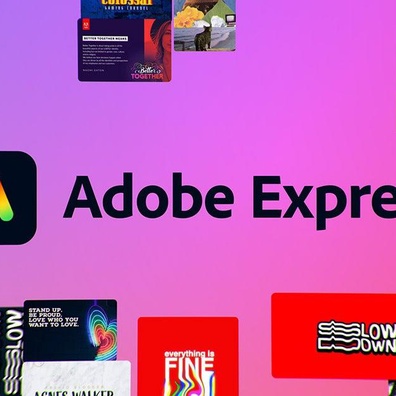
Revolutionary $60 3D-Printed Microscope Achieves Sub-Cellular Imaging
BioTech
20 hours ago

Webb Telescope Reveals Stunning Details of Wolf-Rayet 140's Cosmic 'Tree Rings'
Journal Article
20 hours ago

Major Cyberattack Forces ASML's Key Research Partner to Shut Down Network
Security
20 hours ago

Indonesia Maintains iPhone 16 Ban Despite Apple's $1B Investment Offer
Apple
21 hours ago
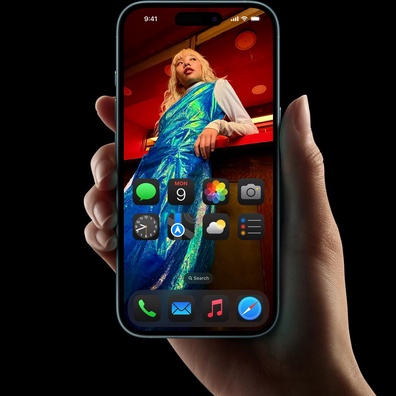
Motorola's New Moto G Power Brings Flagship-Level Durability at USD 299
Phone
22 hours ago

China Considers Selling TikTok's US Operations to Elon Musk's X for Up to USD 50 Billion
TikTok
23 hours ago

DJI Launches Flip: A USD 439 Transforming Drone with Advanced Camera Capabilities
Camera
23 hours ago

Campsite's Open Source Release Sparks License Debate After Notion Acquisition
OpenSource
23 hours ago
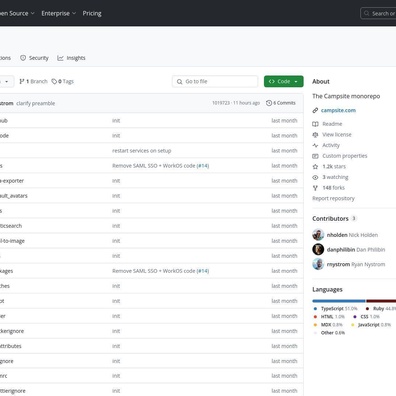
OpenZFS 2.3.0 Brings Long-Awaited RAIDZ Expansion and Performance Upgrades
OpenSource
23 hours ago
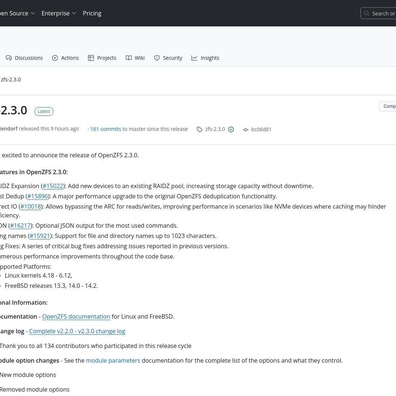
Meta Begins Development of Community Notes Feature for Threads Platform
Meta
Yesterday
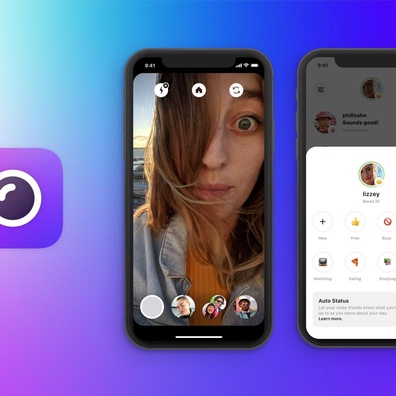
Python's Indentation Debate Reignites as Alternative Syntax Project Archives
Python
Yesterday
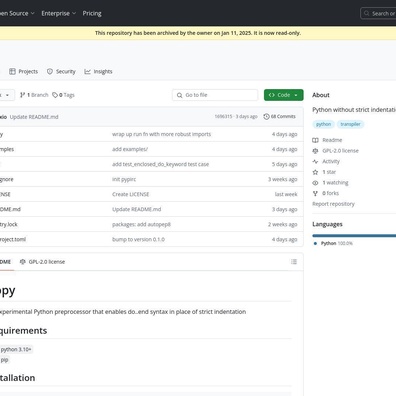
Android 16 to Introduce Predictive Back Feature for Three-Button Navigation
Android
Yesterday
